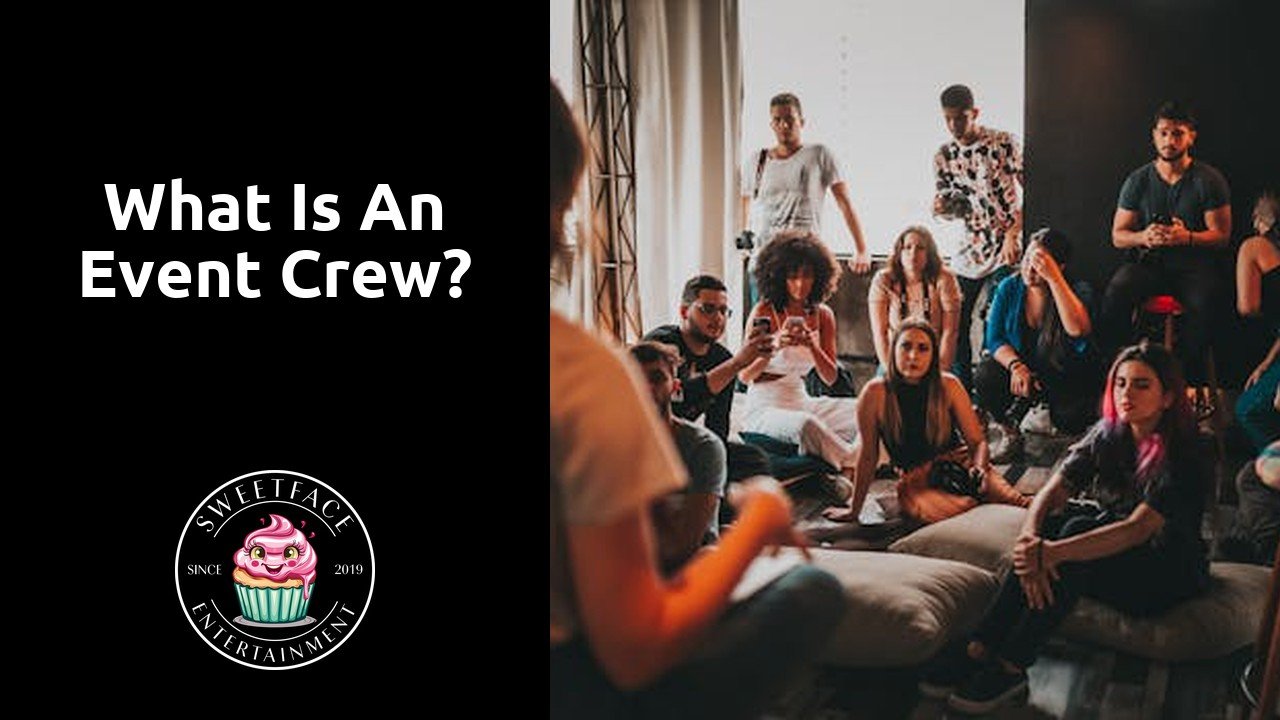Table Of Contents
Hiring Process for Event Crew Positions
When it comes to hiring event crew positions, a well-structured recruitment process is essential for ensuring the success of an event. Establishing clear job descriptions outlining roles, responsibilities, and required skills is the first step in attracting the right candidates. Event staffing agencies are often engaged in this process to streamline recruitment efforts and connect event organizers with qualified individuals.
After the initial round of applications is received, screening potential candidates for event crew positions is crucial. This stage typically involves reviewing resumes, conducting phone screenings, and even hosting in-person interviews to assess candidates’ communication skills, experience, and ability to work effectively in a team. By carefully vetting applicants during the hiring process, event organizers can build a reliable and skilled event staff that meets the demands of various events.
Screening and Interviewing Potential Candidates
When it comes to screening and interviewing potential candidates for event staffing positions, it is crucial to carefully evaluate each individual’s qualifications and experience. To start, reviewing resumes and cover letters can give initial insights into a candidate’s background and skills. Pay attention to relevant experience in the event industry, such as working at large-scale gatherings, managing logistics, or possessing specific technical skills that may be required for the event crew role. Additionally, consider the candidate’s ability to work in a fast-paced environment, collaborate with a team, and adapt to sudden changes that often occur in event settings.
During the interview process, ask questions that gauge the candidate’s communication skills, problem-solving abilities, and flexibility. Inquire about past experiences where the candidate had to work under pressure or resolve unforeseen issues during an event. Assess their level of professionalism, enthusiasm for the role, and dedication to providing excellent service. This stage is crucial in ensuring that the selected candidates not only possess the necessary qualifications but also align with the expectations and culture of the event crew team.
Event Crew Management Best Practices
When it comes to managing an Event Staffing crew, effective scheduling and coordination techniques are essential. A well-organized schedule ensures that all team members are aware of their responsibilities, shifts, and any necessary information for the event. Having clear communication channels in place for any changes or updates is crucial to avoiding confusion and ensuring the smooth execution of the event. Additionally, proper coordination among team members helps build a cohesive and efficient crew that works seamlessly together to achieve the event’s objectives.
Furthermore, cultivating problem-solving skills under pressure is a key component of Event Staffing management best practices. Events can present unexpected challenges that require quick thinking and adaptability. Providing crew members with training on how to handle unforeseen situations, empowering them to make decisions within set guidelines, and fostering a culture of collaboration can significantly enhance the team’s ability to address issues swiftly and effectively, ensuring the overall success of the event.
Scheduling and Coordination Techniques
When it comes to efficiently managing an event crew, proper scheduling and coordination techniques play a crucial role in ensuring the smooth execution of all tasks. Event staffing requires meticulous planning to ensure that all team members are assigned responsibilities in a way that maximizes productivity and minimizes downtime. A well-organized schedule helps in keeping track of who is responsible for which task and when, ultimately contributing to the overall success of the event.
Effective communication is key when it comes to coordinating an event crew. Utilizing different communication channels, such as group messaging apps or scheduling software, can help keep everyone on the same page and informed about any changes or updates. Regular check-ins and briefings can also ensure that everyone understands their role and the timeline for the event. By prioritizing clear communication and strategic planning in scheduling and coordination, event managers can better facilitate the work of their event staff and overcome potential challenges that may arise.
Challenges Faced by Event Crews
Event Staffing can present a variety of challenges to event crews, impacting the overall success of an event. One common issue faced by event crews is the unpredictable nature of the job. Events can often encounter unexpected changes or obstacles, requiring quick thinking and adaptability from the crew members. This unpredictability can create a high-pressure environment where crew members must remain focused and agile to ensure the event runs smoothly.
Additionally, communication breakdowns can pose significant challenges for event crews. Effective communication is essential for coordinating tasks, solving problems efficiently, and ensuring that all team members are on the same page. When communication is lacking or unclear, it can lead to confusion, errors, and delays in the event setup or execution. Event crews must prioritize clear and constant communication to overcome this challenge and work together cohesively.
ProblemSolving Under Pressure
Problem-solving under pressure is a crucial skill for event staffing teams to possess. When unexpected challenges arise during an event, such as technical issues, scheduling conflicts, or last-minute changes, the ability to think quickly and find effective solutions is paramount. Event crew members must remain calm, focused, and resourceful in order to address problems swiftly and efficiently, ensuring that the event runs smoothly and successfully.
One effective strategy for problem-solving under pressure is to establish clear channels of communication within the event crew. By maintaining open lines of communication and facilitating quick exchanges of information, team members can collaborate more effectively to address any issues that may arise. Additionally, delegating specific roles and responsibilities can help streamline problem-solving efforts, ensuring that each team member knows their duties and can act decisively when faced with challenges during the event.
FAQS
What is an event crew?
An event crew is a group of individuals who are hired to assist in planning, setting up, managing, and executing various tasks related to events such as conferences, concerts, weddings, or festivals.
What are the typical roles within an event crew?
Typical roles within an event crew may include event coordinators, stage managers, audiovisual technicians, security personnel, ushers, and various support staff responsible for ensuring the smooth running of an event.
What is the importance of hiring an event crew?
Hiring an event crew is crucial for the successful execution of events as they bring expertise, skills, and experience necessary to handle various tasks efficiently and effectively.
How are event crew members selected?
Event crew members are selected through a rigorous hiring process that involves screening resumes, conducting interviews, and evaluating candidates based on their skills, experience, and ability to work in a fast-paced environment.
What are some best practices for managing an event crew?
Best practices for managing an event crew include effective communication, proper training, setting clear expectations, providing necessary resources, and fostering a positive team culture to ensure coordination and efficiency.
What challenges are commonly faced by event crews?
Event crews often face challenges such as tight timelines, last-minute changes, equipment malfunctions, unpredictable weather conditions, and handling emergencies while maintaining professionalism and delivering high-quality service.
How do event crews handle problems under pressure?
Event crews handle problems under pressure by staying calm, communicating effectively, prioritizing tasks, collaborating as a team, making quick decisions, and adapting to changing circumstances to ensure the successful completion of the event.
Related Links
Event Staffing
How do you hire people for an event?
What is the job description of event staffing?
What is a setup staff job description?

